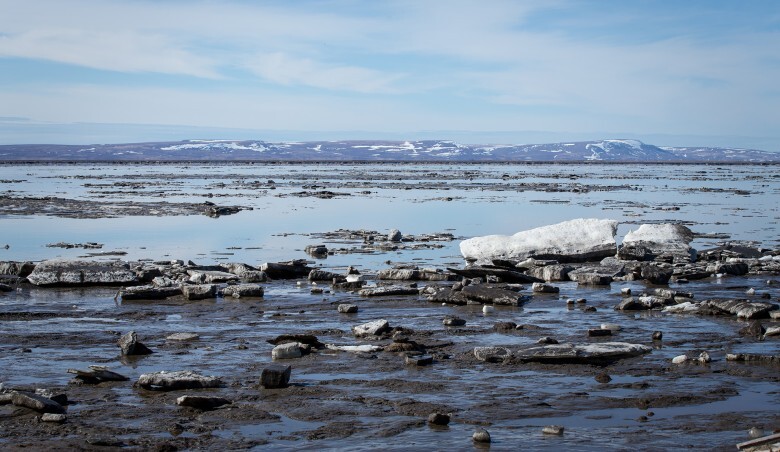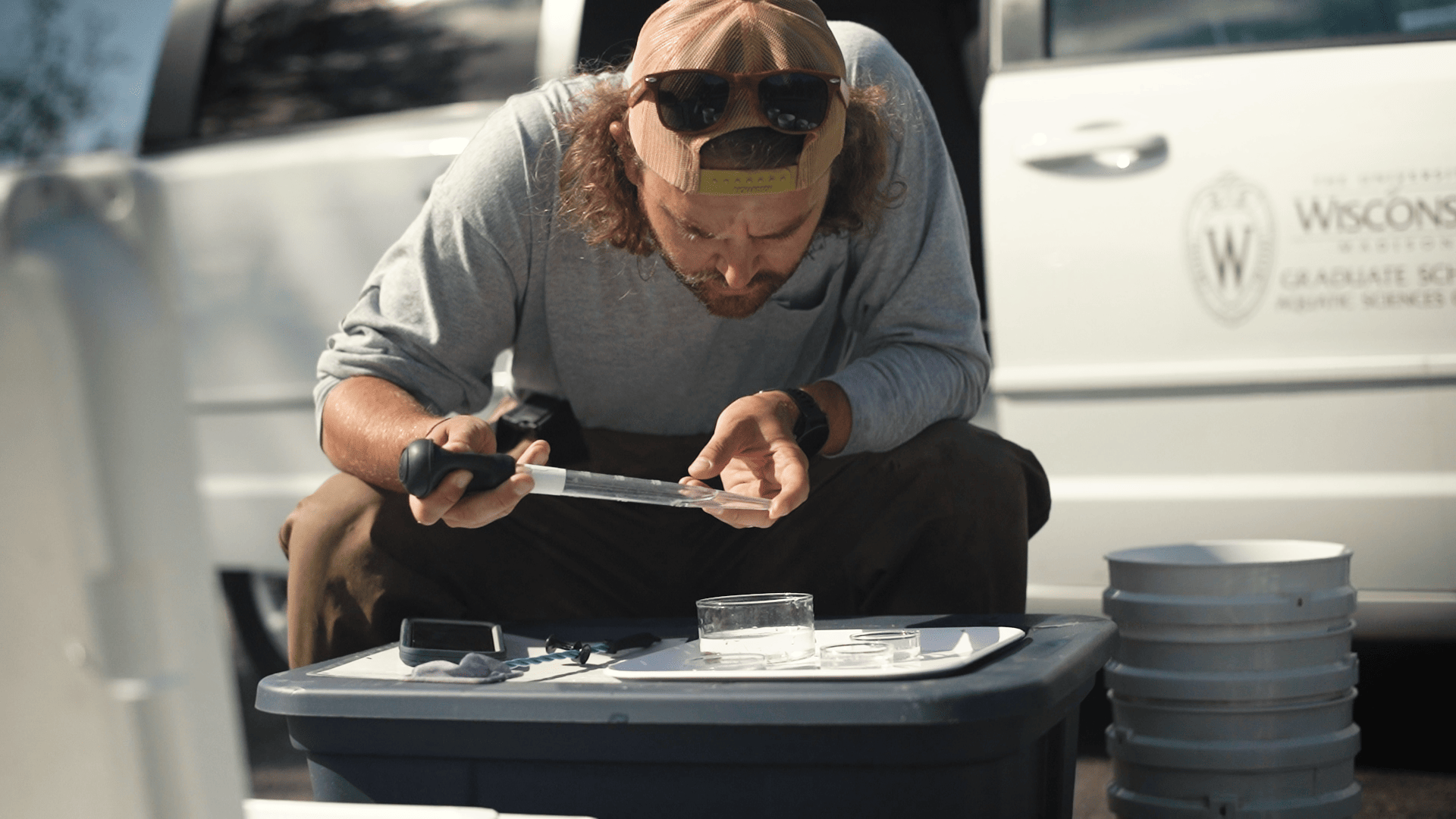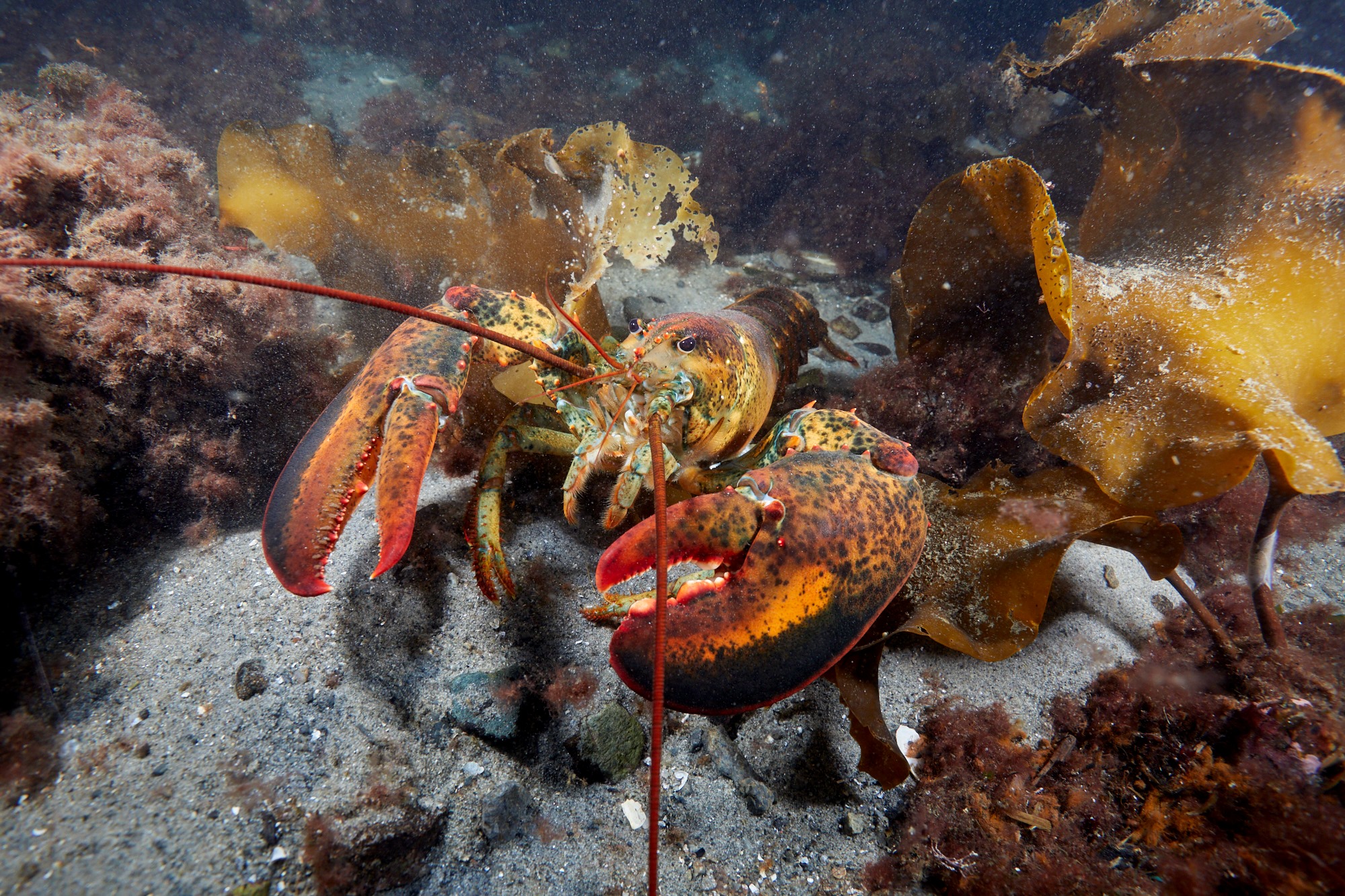By: Chellby Kilheffer,
Knauss Fellow, Special Assistant to the Deputy Director
U.S. Fish and Wildlife Service, Ecological Services
I hit Submit. I felt anxious. I felt nervous. But, I also felt excited.
I had just taken a leap from my comfort zone to a world of unknown.
Four months later, I found myself in tears as I read “Good News! You have been selected as a Finalist for a 2019 Knauss Marine Policy Fellowship.” I was going to transition from academia to the world of policy in Washington, DC.
And I was terrified.
For many graduate students in the sciences, it is a bumpy and confusing road from the academic mindset to one better suited for a government or policy-driven position. Despite a great graduate advisor, I found that the traditional academic culture didn’t fit with my personal beliefs. My goal for writing this post is to embolden others by sharing my experience with transitioning into the “real world” after graduate school.
I had been trained for a decade to think that the policy world was one full of stuffy politicians and that “hard scientists” best used their skills in a research lab at an academic institution. I was beginning to have reservations about pursuing a career in academia. I love teaching and learning, and I had great mentors along the way who figured it out, but I was losing interest in the academic life for myself after graduate school.
Academia has a reputation for being cut-throat and competitive. Success is measured through numbers and impact factors of peer-reviewed journal articles, amounts of money “won” in grant competitions, and, often to a much lesser extent, ability to effectively teach. In my experience, it is the norm that pre-tenured academics are “all work and no play” to ensure they succeed in earning tenure. Faculty work together to publish and obtain grants, but when push comes to shove, they often have no choice but to jump a little higher than their peers to be “successful”.
By focusing my energies on a traditional academic track, I was trying to force a square peg into a round hole. Tenure-track academia may not be the most effective work environment for someone like me, who prefers working as a team towards a common goal and does not thrive in a highly competitive environment.
Even after being named a Knauss finalist, I continued to apply to academic positions. Academia was comfortable. It wasn’t perfect, but I knew what to expect – the good and the bad. I was scared to try something new for fear that my new colleagues would see “who I really was”. I felt like I was living someone else’s life. I felt like a fraud. Right before Knauss Placement Week, I almost canceled my place.
Thank goodness I didn’t.
I had been dealing with “Imposter Syndrome” for years, without any sense of what that meant nor how to deal with it. Imposter syndrome refers to an individual’s doubt in their accomplishments and belief that he/she will be exposed as a fraud. It is very common in graduate students and often not discussed outside of peer groups. It is “part of the process” and “everyone goes through it”.
“I don’t want this life”, I said to myself one Tuesday evening after a rather defeating conversation with a pre-tenured colleague.
I decided to go into Knauss Placement Week with a new attitude. I worked with state and federal agencies during my thesis and dissertation research. I catered my research questions to their needs and knew it would inform their management decisions. I felt a stronger sense of pride in my work knowing it would be used to make decisions than I did in collecting and analyzing the data. “Maybe a policy-level position is exactly where I should be”, I said to myself.
Since October, I reflected on my post-graduate perspective. I decided to own how I was feeling. Instead of only focusing on what others expected of me, I set personal and professional goals for the transition from an academic to a policy-driven workplace.
Goal #1: Identify limitations I unintentionally put on myself. (You can ask others for help with this – my mentors opened my eyes to the limitations that I may have never seen otherwise.)
Goal #2: Prioritize my mental health and rely on my support system to get out of the Imposter Syndrome mindset. FYI – The Chronicle of Higher Education offers a great article about Imposter Syndrome.
Goal #3: Prioritize my professional development by asking questions about other career paths and interviewing colleagues in academic and government workplaces.
Goal #4: Begin the Knauss Fellowship with an open mind. Soak up all of the advice given to me by peers, colleagues, and past fellows.
Goal #5: Put myself out there. Rediscover my love for meeting new people.
Goal #6: Enjoy it. Make the most of it. Rebalance my work and personal lives into a healthy and productive synergy.
You’ll notice that my goals are not in past tense – all are works in progress. It has been a long and winding road and I’ve made huge strides forward. But like many of us, I still have a way to go.
The best part? Wherever I end up next, I will always have the opportunity to observe nature and be curious.


